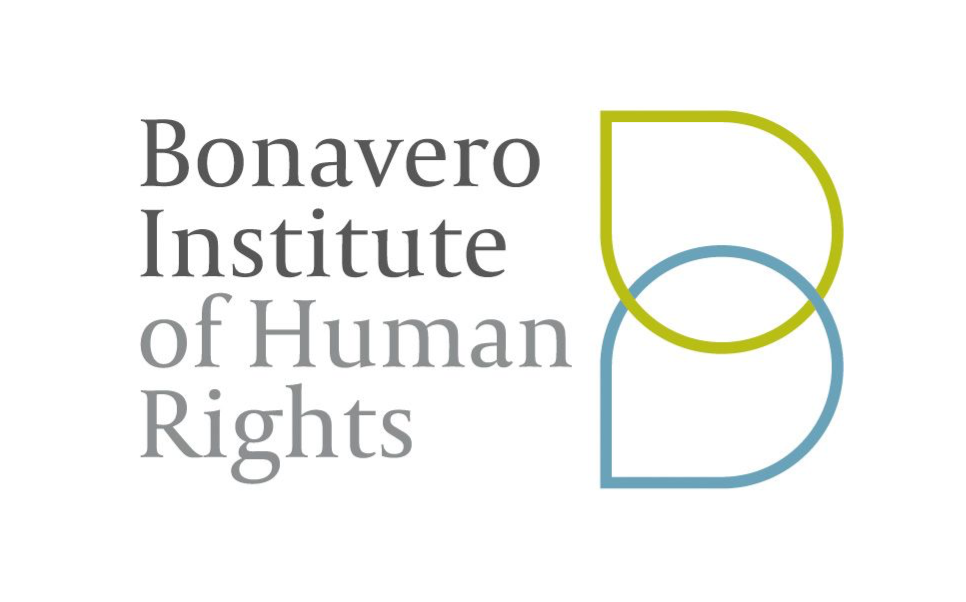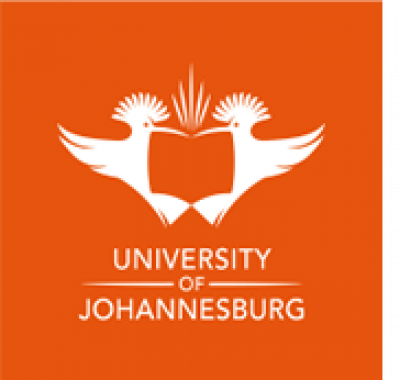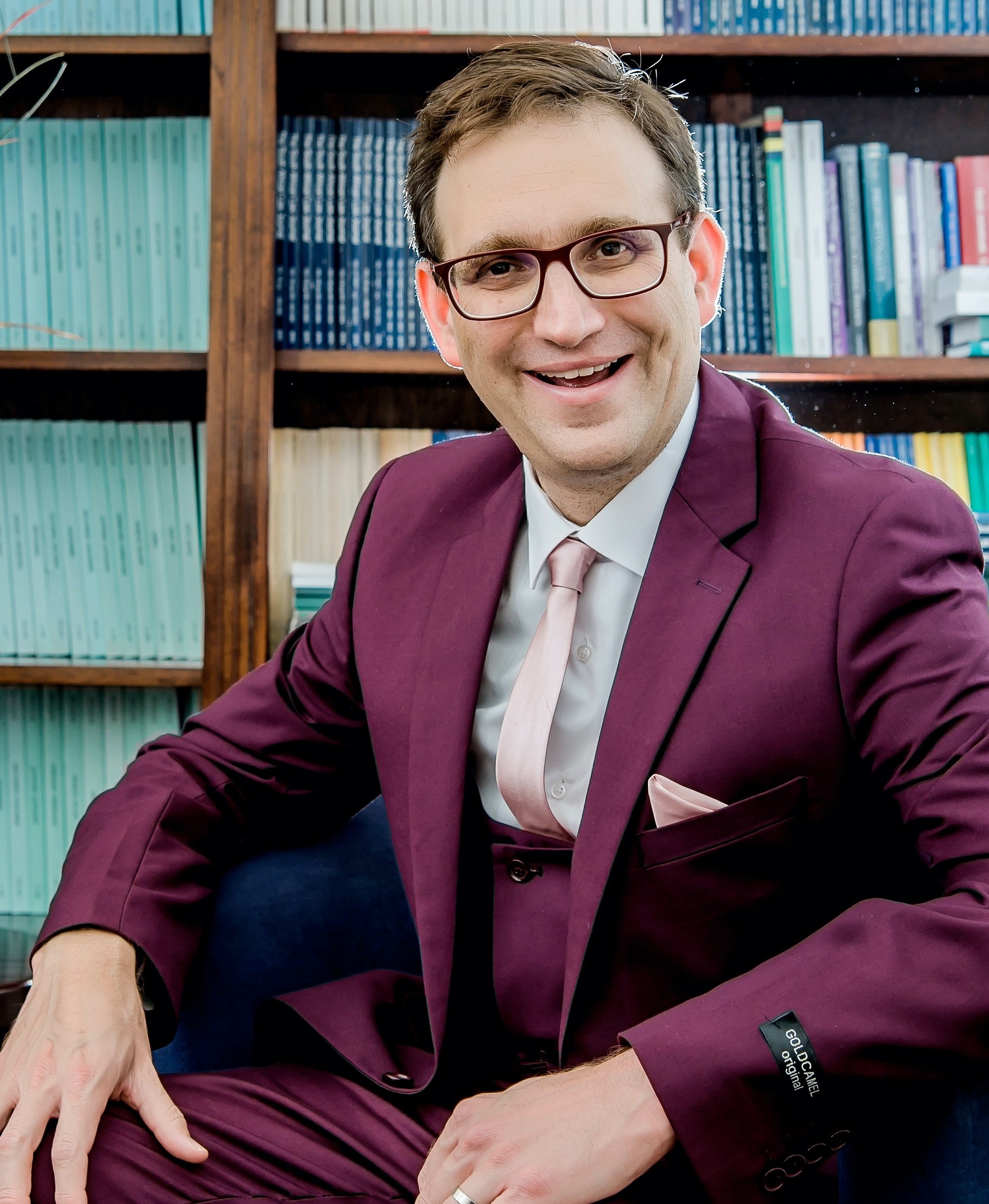Book Launch: Fundamental Rights and the Legal Obligations of Business
Notes & Changes
This event will run as a Zoom webinar. To attend, register here. Please note that this event may be recorded, with the exception of any live audience questions.



The Bonavero Institute of Human Rights in partnership with the South African Institute for Advanced Constitutional, Public, Human Rights and International Law (SAIFAC) is delighted to host the launch of David Bilchitz's new book ‘Fundamental Rights and the Legal Obligations of Business’. SAIFAC is a centre of the University of Johannesburg and a leading research centre in South Africa producing advanced research in its focus areas. It also aims to foster collaboration and engagement between academics and members of the legal community across South Africa and internationally, and to advance constitutionalism, human rights and the rule of law in Southern Africa. To this end, it organises a seminar series and several conferences each year, makes submissions on law reform, engages actively in the public sphere and helps develop a new generation of public law academics.
In his book, Professor David Bilchitz engages with the relatively neglected question of how to determine in law the substantive content of corporate obligations with respect to fundamental rights. Drawing on existing legal models, he systematizes and develops a multi-factoral approach which involves recognising that no one principle or factor alone can determine corporate obligations. Outlining many of the factors that are most important, he shows how they condition obligations. Given the existence of multiple and competing factors, the final determination of obligations requires a balancing process such as proportionality. This process is familiar to those working on fundamental rights but requires specific adaptations to the context of the corporation (and non-state actors more generally).
During the discussion, Prof Bilchitz will outline the central tenets of the multi-factoral approach he develops in the book and the complexities involved in determining the content of positive and negative corporate obligations in law. Panelists will critically examine these claims, with the hope of generating a much-needed discussion around the question of the substantive content of corporate obligations.
For those who wish to read in advance of the launch, the focus of the discussion will be on chapters 6 to 8.
Author

One of his areas of expertise has been in the field of Business and Human Rights. In 2017, he was awarded a Von Humboldt Foundation Fellowship and worked on the book which is the subject of this seminar. He also co-edited two books in the field (with Prof Surya Deva) which are titled ‘Human Rights Obligations for Business: Beyond the Corporate Responsibility to Respect?’ (Cambridge University Press, 2013) and ‘Building a Business and Human Rights Treaty: Context and Contours’ (Cambridge University Press, 2017) and has written many journal articles and book chapters. He has also supervised reports in this field commissioned by the International Commission of Jurists and the Special Representative of the Secretary-General’s mandate. He has made submissions for the reform of corporate law to the South African parliament and on corporate governance to the King Commission on Corporate Governance.
Panel
Professor Danwood Chirwa
Danwood Chirwa (University of Cape Town) is Dean and Professor of Law at the University of Cape Town. He is also a member of the South African Legal Practice Council and of the UCT Council, and chair of the Board of Trustees of the UN Voluntary Trust Fund on Contemporary Forms of Slavery. Chirwa has published and taught on business and human rights, socio-economic rights, administrative law and constitutional law.
Professor Bonita Meyersfeld
Professor Bonita Meyersfeld is a human rights lawyer, academic and advocate. She is an associate professor at Wits Law School and from 2012 to 2017, she was the director of the Centre for Applied Legal Studies. She has worked in various international NGOs and was a parliamentary legal advisor in the House of Lords in the United Kingdom. Bonita teaches and publishes in the areas of gender-based violence, business and human rights, international law and animal law. She is the author of the book, Domestic Violence and International Law. Bonita has consulted for, and presented expert statements to, various United Nations fora.
Bonita obtained her LLB (cum laude) from Wits and her masters and doctorate in law from Yale Law School. She was an editor of the South African Journal on Human Rights and is the founding member and chair of the board of Lawyers against Abuse. Bonita has been appointed Chevalier de l’Ordre national du Mérite (Knight of the National Order of Merit) by the President of France in honour of her work in human rights and gender-based violence.
Professor Stephen Gardbaum
Stephen Gardbaum is the Stephen Yeazell Endowed Chair in Law and the Faculty Director of the Promise Institute for Human Rights at UCLA School of Law. Previously, he held the rotating MacArthur Foundation Chair in International Justice and Human Rights. He was the 2011-12 Guggenheim Fellow in constitutional studies and a Fellow at New York University’s Straus Institute for the Advanced Study of Law & Justice in 2012-13. He serves as an elected member of the Council of the International Society of Public Law.
His work has appeared in the Harvard Law Review, Stanford Law Review, University of Chicago Law Review, Michigan Law Review, the Modern Law Review, the American Journal of Comparative Law, and the International Journal of Constitutional Law, among other journals. His widely reviewed book THE NEW COMMONWEALTH MODEL OF CONSTITUTIONALISM: THEORY AND PRACTICE was published by Cambridge University Press in 2013, the same year a series of his articles on the comparative structure of constitutional rights was collected and reprinted in book form. He holds a B.A. from Oxford, an M.Sc. from the University of London, a Ph.D. in political theory from Columbia and a J.D. from Yale Law School, and teaches constitutional law, comparative constitutional law, European Union law, comparative law, and international human rights.

